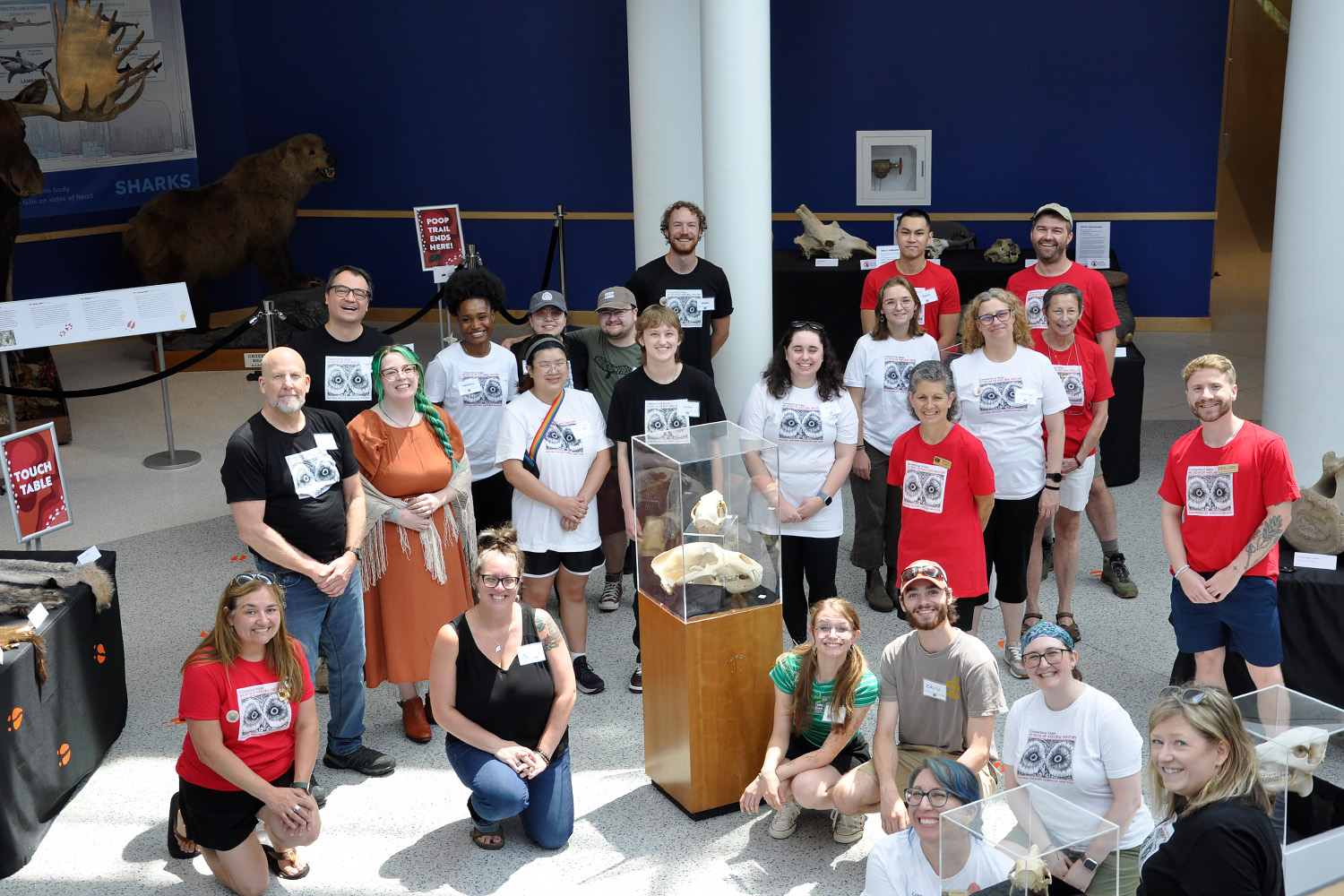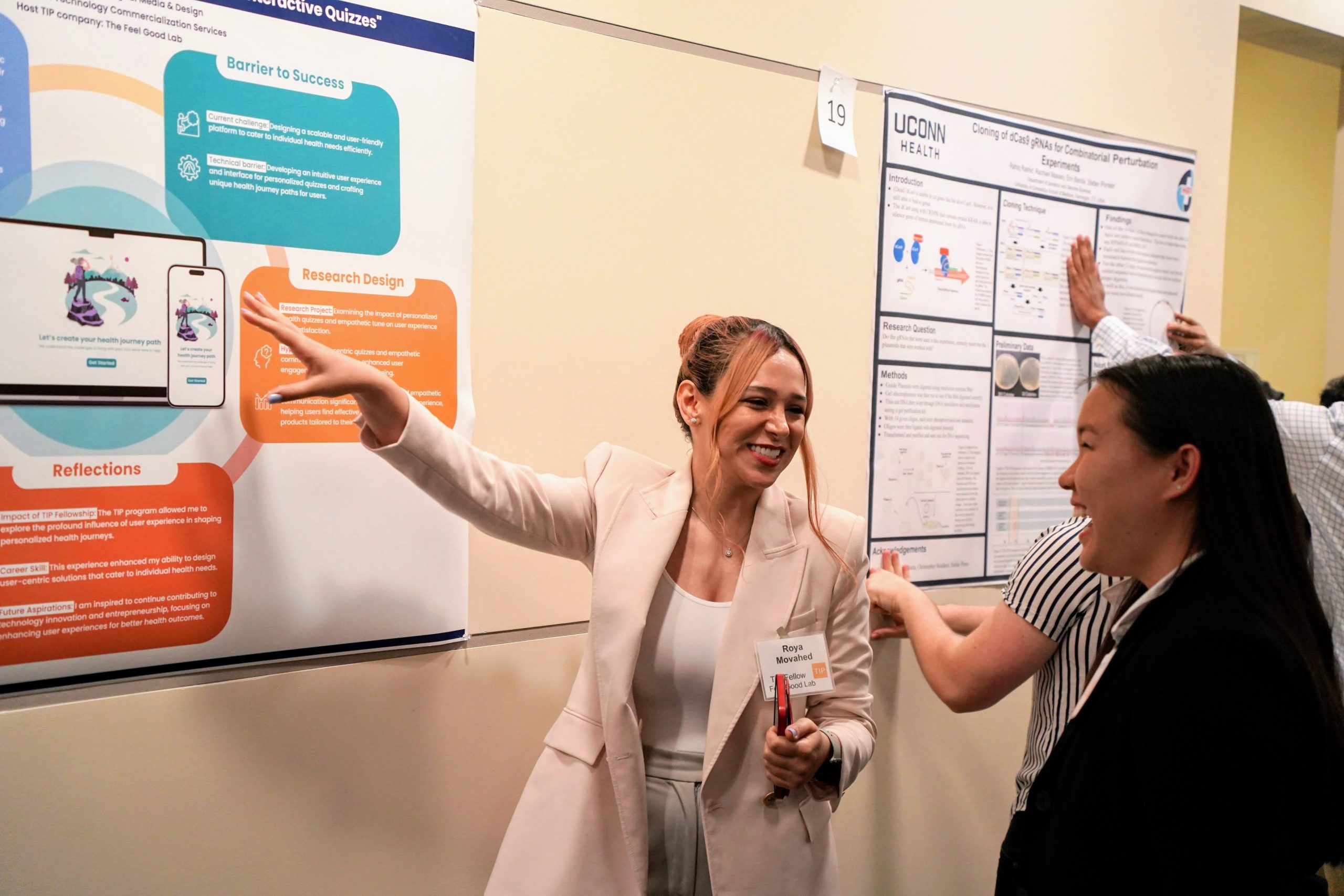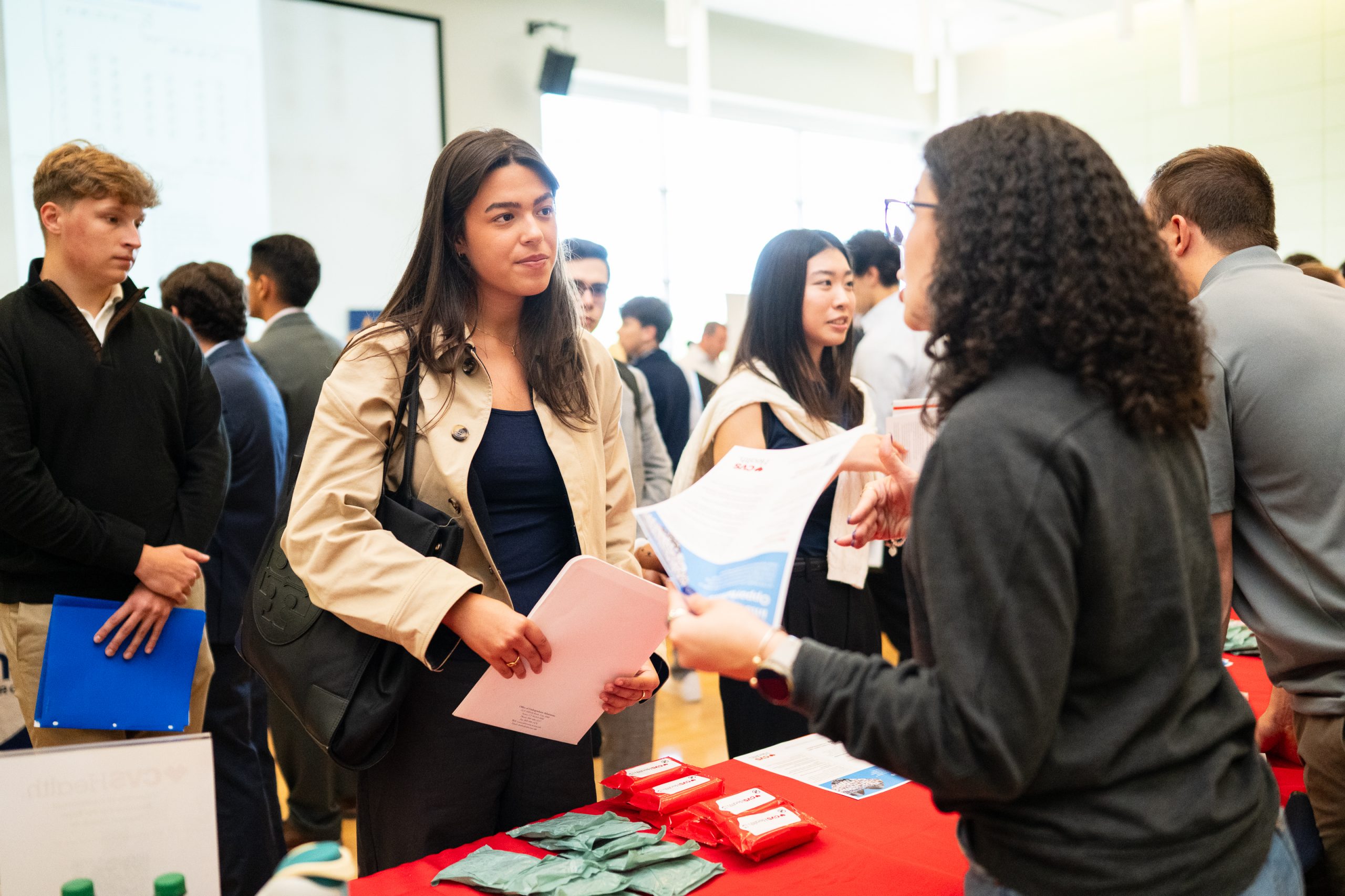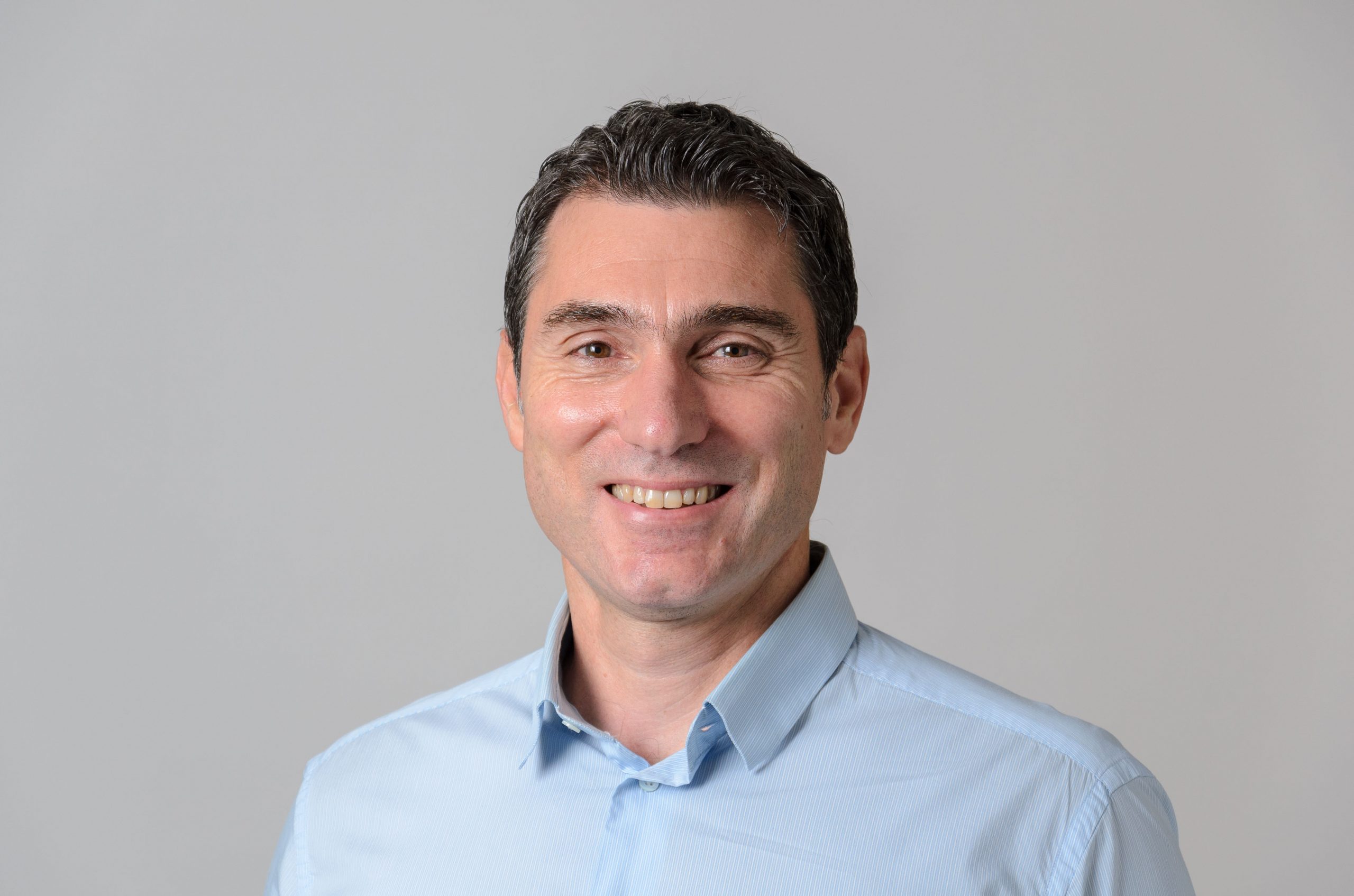Unusual Expertise Brings Coveted Autism Award to UConn
Cleyton Sobrinho sat down with his supervisor to make a plan. His funding was due to run out in December, he might have to leave the University, but he didn’t want to abandon an exciting new line of research.
Just days later, Sobrinho won one of the most coveted awards in autism research. And now he can pursue that line of research right here at UConn.

The Simons Foundation Autism Research Initiative (SFARI) Bridge to Independence Award helps promising early career scientists to launch careers as primary investigators. The SFARI award is aimed at young researchers from historically underrepresented backgrounds who do work with autism. Sobrinho is the first UConn researcher to receive this prestigious award.
Sobrinho was an unlikely pick. For one thing, he wasn’t an autism researcher…yet. Rather his research focused on control of breathing. Breathing is sensitive to many bodily states including emotional stress and anxiety, both of which are hallmarks of autism spectrum disorder. This relationship served as the door through which Sobrinho entered autism research.
He had taken a winding road into research, beginning as a diagnostic medical imager in a medium size town in Brazil after college, then moving to the University of Sao Paulo to do his masters in a neuroscience and behavioral lab. During his Ph.D. studies he began to study how the brain controls breathing, and collaborated with Physiology and Neurobiology professor Dan Mulkey at UConn. Coming here for a postdoctoral appointment that soon transitioned into a Research Assistant Professor position in the Mulkey lab was natural, but funding was due to run out at the end of the year, and Sobrinho was considering returning to Brazil. Then word of his SFARI award came through, and his possibilities shifted.
“We are breathing specialists, but I want to become more deeply involved in the autism community,” Sobrinho says.
The award provides support for up to two years of mentored research support, during which Sobrinho plans to remain at UConn, affiliated with Mulkey’s lab. The two are just starting a project to test whether deep breathing can improve the symptoms of autism. Autism is a spectrum of symptoms that manifests differently in different individuals, but some of the more common features of autism include anxiety and, in some cases, disordered breathing.
It’s been known for well over a century that slowing and deepening breathing can decrease anxiety, yet there is surprisingly little evidence in the literature supporting this as a therapeutic intervention for people with autism. Armed with a deep understanding of the cellular and molecular mechanisms that control breathing, Dr. Sobrinho plans to determine whether pharmacologically induced slow and deep breathing improves a broad spectrum of symptoms in mouse models of autism.
“Simultaneously, we will look at whether and how autism associated gene mutations disrupt respiratory neurons” and neurological mechanisms, Sobrinho says.
The SFARI award also provides support for the first three years of independence as a primary investigator. The award will follow Sobrinho anywhere in the world he accepts a position as professor. Sobrinho is interested in staying at UConn, but could also return to his native Brazil, which does not yet have as extensive an autism research community as the US does.
Latest UConn Today
- Connecticut State Museum of Natural History Rejoins UConn CLASIn July, the museum returned to its roots in the College of Liberal Arts and Sciences, bringing together two units with a shared commitment to interdisciplinary learning and public engagement
- UConn Reaches Records for Tech Licensing, Startup GrowthDespite an unpredictable landscape, tech entrepreneurship is thriving.
- Business Career Expo Brings Recruiters from More than 30 Top CompaniesEvent organizer Kathy Hendrickson, director of the Business Career Development Office, said connections are the lifeline of job seekers, especially those new to the workforce.
- Emmanouil Anagnostou Named Fellow of the American Meteorological SocietyEmmanouil "Manos" Anagnostou is honored for contributions to remote sensing hydrology, hydrometeorology, and environmental engineering
- UConn Health Emergency Physicians Bring Expertise to NASCAR Event at Lime Rock ParkFrom heat illness to high-speed crashes, UConn Health’s doctors were ready for anything at NASCAR’s Connecticut debut.
- Neag School Student Wins SURF Award for Project Tackling Marine Debris on Connecticut BeachesHiis LaRose ’26 (ED), ’26 (CLAS), ’27 MA was one of UConn's 46 Summer Undergraduate Research Fund (SURF) Award recipients for 2025













